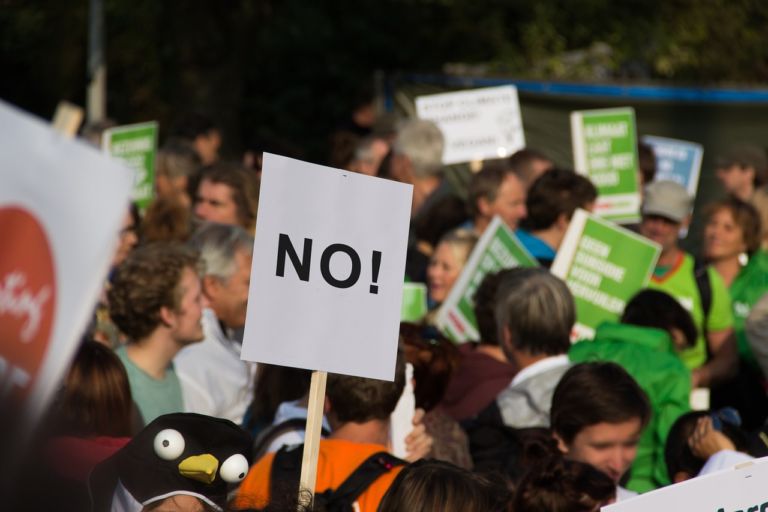George Leef of the Martin Center explores the impact of cancel culture on college campuses.
“I may disapprove of what you say, but I will defend to the death your right to say it.”
While Voltaire apparently did not say exactly that (the phrase seems to have come from a biographer), it is still a perfect description of the mindset of a rational human. Of course people will disagree, but the pathway to both truth and civility is to allow individuals to speak their minds. John Stuart Mill argued that the freedom to speak and to argue is vital, and our concept of academic freedom is founded on it.
Today, the prevailing sentiment among those who inhabit our colleges is more like, “If I disapprove of what you say, I will do my utmost to prevent you from saying it.”
There is no greater threat to peace and prosperity than the idea that dissenting voices must be suppressed.
In an effort at resisting this atavistic trend, Quillette, an online magazine founded in 2015 by Australian Claire Lehmann, has published a book entitled Panics and Persecutions: 20 Tales of Excommunication in the Digital Age. …
… With modern communications technology, it is easier than ever to accomplish that shaming and threatening. Slanderous accusations can race around the world at astonishing speed, gathering hordes of angry followers. Those who are accused have about as much chance of setting the record straight and clearing their names as someone would have of standing against a tsunami.
The common thread in the stories told in the book is that it takes only the tiniest deviation from leftist orthodoxy to unleash furious attacks by people who take obvious delight in tormenting them. …
… Western civilization worked as well as it did in large part because people could freely question “the conventional wisdom” and present contrary ideas. Not everyone was tolerant, but our social and legal norms embraced freedom of speech.


